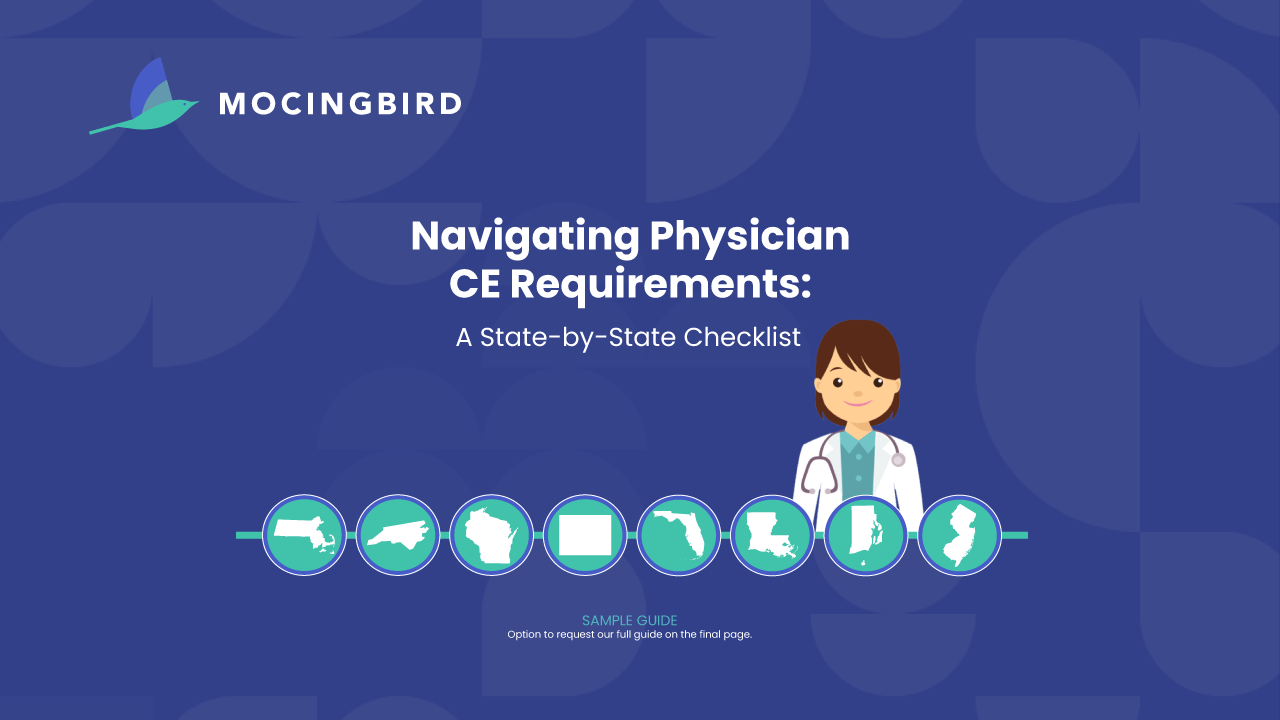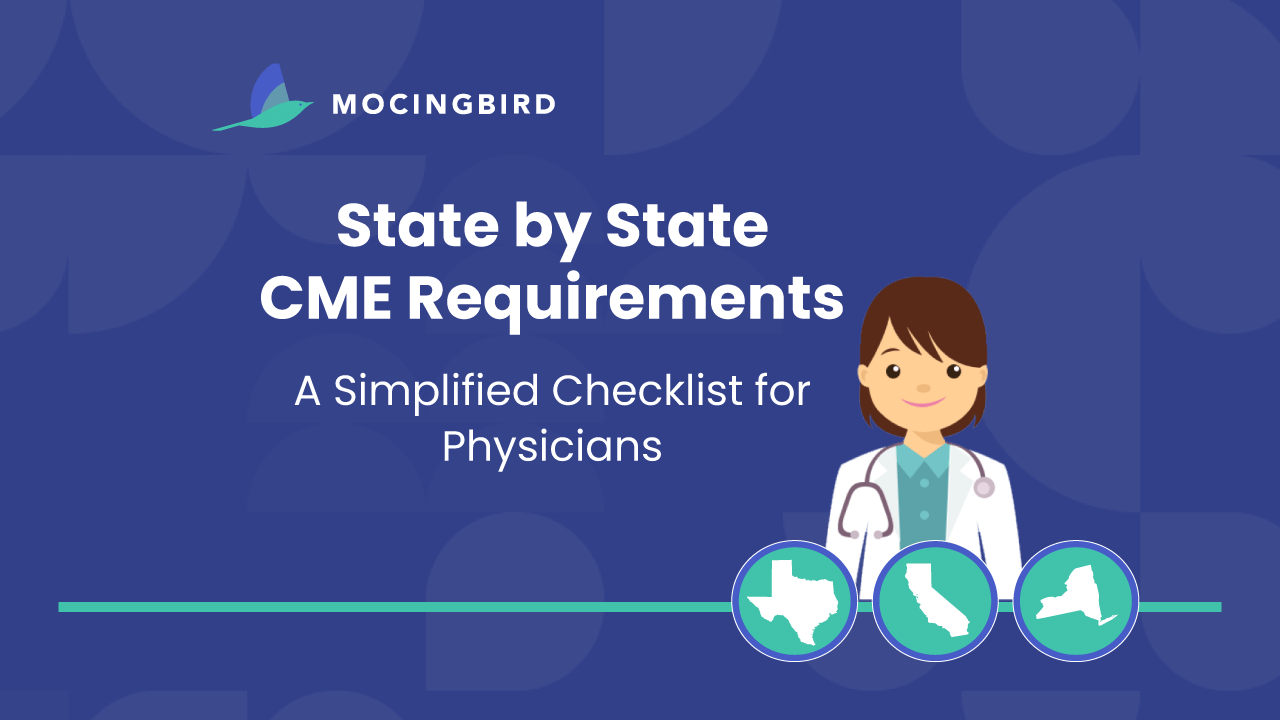Navigating The Complexities Of State-Specific Requirements: A Guide To State Checklist Maps
Navigating the Complexities of State-Specific Requirements: A Guide to State Checklist Maps
Related Articles: Navigating the Complexities of State-Specific Requirements: A Guide to State Checklist Maps
Introduction
In this auspicious occasion, we are delighted to delve into the intriguing topic related to Navigating the Complexities of State-Specific Requirements: A Guide to State Checklist Maps. Let’s weave interesting information and offer fresh perspectives to the readers.
Table of Content
- 1 Related Articles: Navigating the Complexities of State-Specific Requirements: A Guide to State Checklist Maps
- 2 Introduction
- 3 Navigating the Complexities of State-Specific Requirements: A Guide to State Checklist Maps
- 3.1 Understanding the Essence of State Checklist Maps
- 3.2 The Importance of State Checklist Maps
- 3.3 Types of State Checklist Maps
- 3.4 Using State Checklist Maps Effectively
- 3.5 FAQs Regarding State Checklist Maps
- 3.6 Tips for Using State Checklist Maps
- 3.7 Conclusion
- 4 Closure
Navigating the Complexities of State-Specific Requirements: A Guide to State Checklist Maps

In today’s interconnected world, businesses and individuals often find themselves needing to comply with a multitude of regulations and requirements. These can vary significantly depending on the state in which they operate. This is where state checklist maps prove invaluable, offering a comprehensive and organized way to navigate these complexities.
Understanding the Essence of State Checklist Maps
A state checklist map is a visual representation of the specific requirements, regulations, and procedures applicable to a particular activity or industry within a given state. It acts as a roadmap, guiding users through the necessary steps, ensuring compliance, and minimizing potential legal pitfalls.
The Importance of State Checklist Maps
1. Streamlining Compliance: State checklist maps provide a clear and concise overview of the regulations relevant to a specific activity. This allows individuals and businesses to easily identify the necessary steps for compliance, reducing the risk of overlooking crucial requirements.
2. Minimizing Legal Risks: By providing a comprehensive list of applicable regulations, state checklist maps help individuals and businesses avoid unintentional violations, reducing the risk of fines, legal battles, and reputational damage.
3. Facilitating Decision-Making: State checklist maps empower users with informed decision-making. By clearly presenting the requirements and potential consequences, they enable individuals and businesses to make strategic choices about their operations and activities.
4. Enhancing Efficiency and Productivity: State checklist maps streamline the compliance process, saving valuable time and resources. By providing a structured approach, they minimize the need for extensive research and interpretation of complex regulations.
5. Fostering Transparency and Accountability: State checklist maps promote transparency by outlining the specific requirements and expectations. This fosters accountability, ensuring that individuals and businesses operate within the legal framework.
Types of State Checklist Maps
State checklist maps can be tailored to a wide range of activities and industries, including:
- Business Formation and Registration: These maps outline the steps for incorporating a business, registering trademarks, and obtaining necessary licenses and permits.
- Environmental Compliance: These maps address environmental regulations, such as air and water quality standards, waste management practices, and permitting requirements.
- Construction and Development: These maps provide guidance on building codes, zoning regulations, and permitting procedures for construction projects.
- Healthcare and Medical Services: These maps outline requirements for healthcare providers, including licensing, credentialing, and reporting obligations.
- Education and Training: These maps address regulations related to educational institutions, teacher certification, and student enrollment.
Using State Checklist Maps Effectively
1. Identify the Relevant State: The first step is to identify the specific state where the activity or business will take place.
2. Determine the Applicable Checklist Map: Once the state is identified, locate the appropriate checklist map that aligns with the specific activity or industry.
3. Review the Requirements: Carefully examine the checklist map, paying close attention to the specific requirements, deadlines, and procedures.
4. Gather Necessary Documentation: Ensure that you have all the required documentation, such as permits, licenses, and certificates.
5. Submit Applications and Forms: Follow the outlined procedures for submitting applications and forms, ensuring accuracy and completeness.
6. Track Progress and Deadlines: Regularly monitor the progress of the compliance process, keeping track of deadlines and ensuring timely completion of all necessary steps.
FAQs Regarding State Checklist Maps
Q: Where can I find state checklist maps?
A: State checklist maps can be found on various websites, including those of state government agencies, professional organizations, and online legal databases.
Q: Are state checklist maps legally binding?
A: While state checklist maps are not legally binding documents, they accurately reflect the current state regulations, making them a valuable resource for ensuring compliance.
Q: How frequently are state checklist maps updated?
A: State regulations can change frequently. It is important to refer to the most updated version of the checklist map, which is usually available on the originating website.
Q: Can I use a state checklist map for multiple states?
A: State regulations vary significantly. It is essential to use a specific checklist map for each state where the activity or business operates.
Tips for Using State Checklist Maps
- Consult with Legal Professionals: If you are unsure about any specific requirements or procedures, it is advisable to consult with a legal professional familiar with state regulations.
- Keep Records: Maintain records of all compliance activities, including submitted applications, correspondence, and approvals.
- Stay Informed: Regularly monitor changes in state regulations and update your compliance procedures accordingly.
- Seek Assistance: Don’t hesitate to seek assistance from state agencies or relevant organizations if you need help navigating the compliance process.
Conclusion
State checklist maps are indispensable tools for navigating the complex world of state-specific regulations. By providing a clear and organized roadmap, they empower individuals and businesses to ensure compliance, minimize legal risks, and streamline operations. By utilizing these maps effectively and staying informed about updates, individuals and businesses can confidently navigate the regulatory landscape, fostering efficient and successful endeavors.








Closure
Thus, we hope this article has provided valuable insights into Navigating the Complexities of State-Specific Requirements: A Guide to State Checklist Maps. We hope you find this article informative and beneficial. See you in our next article!